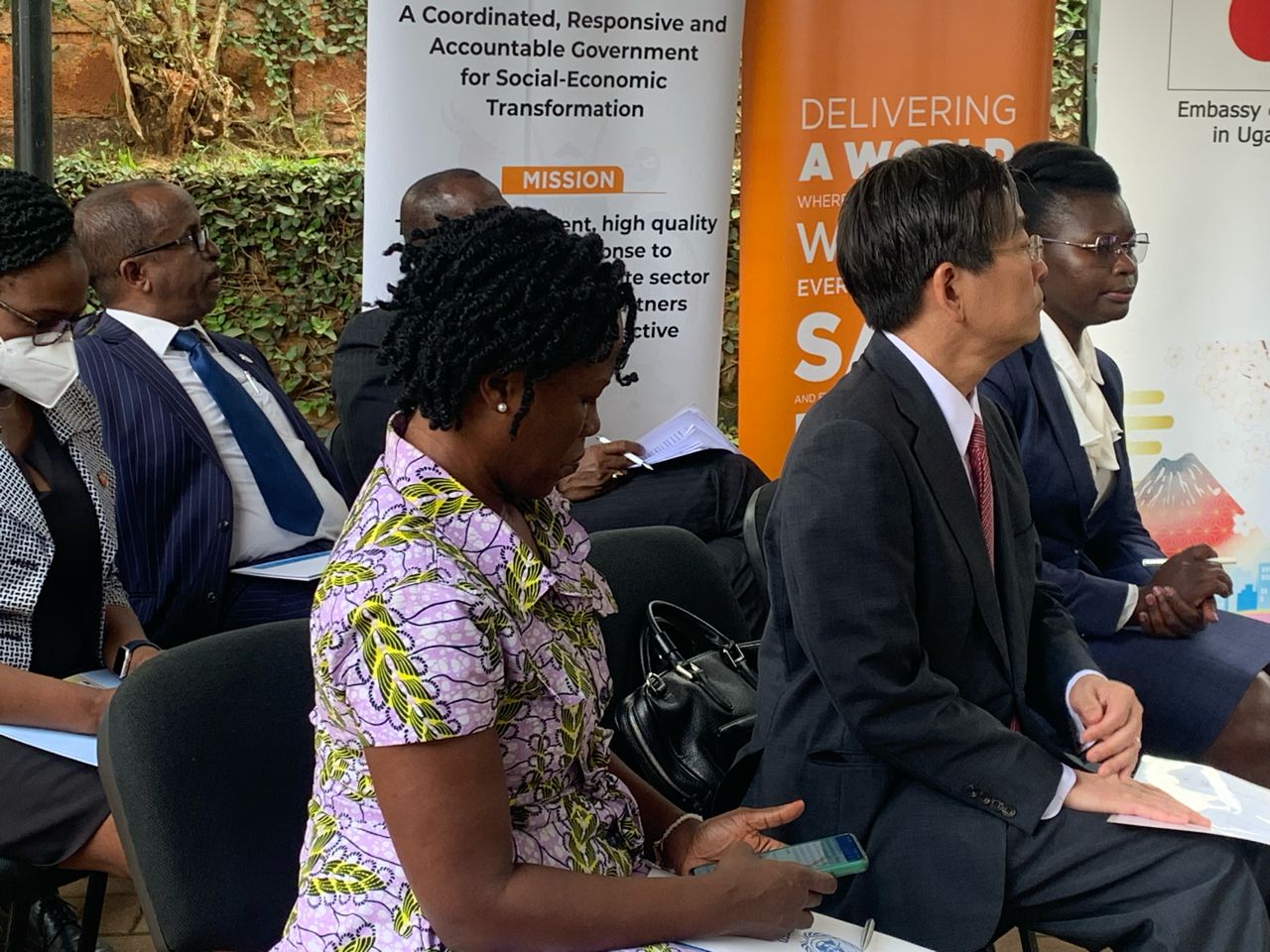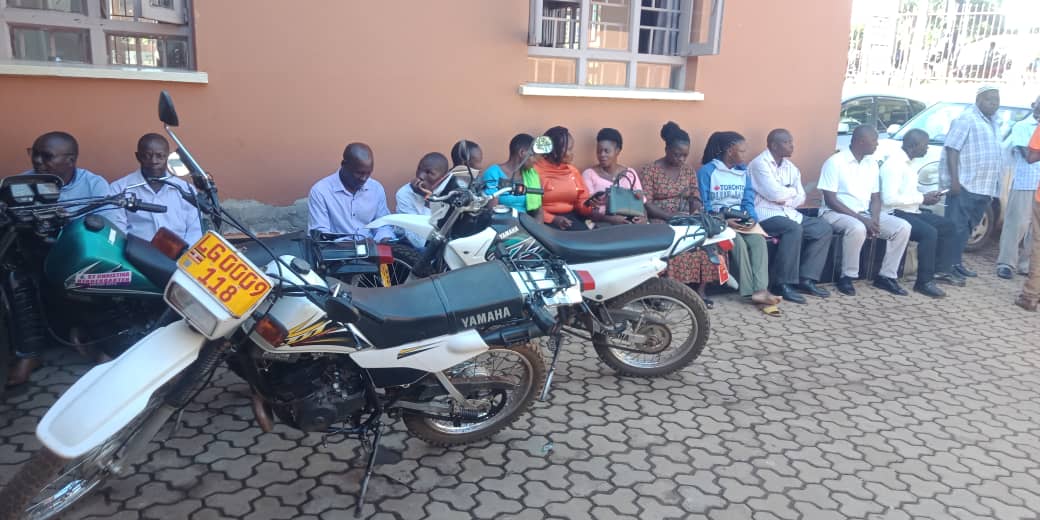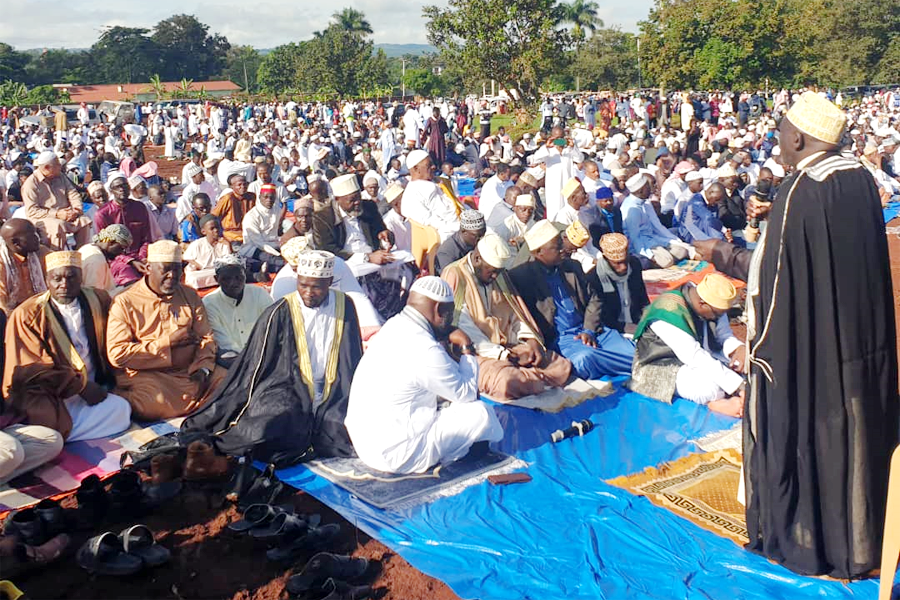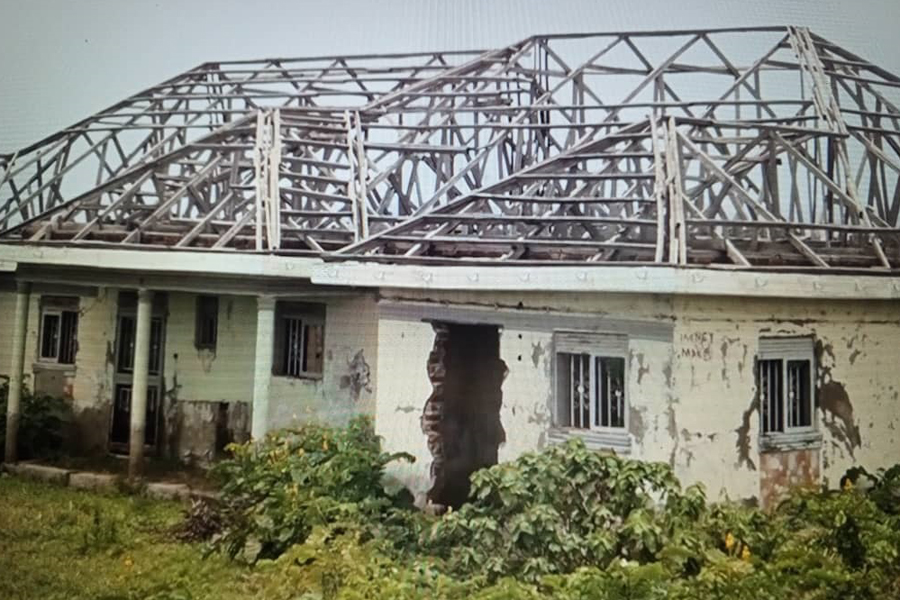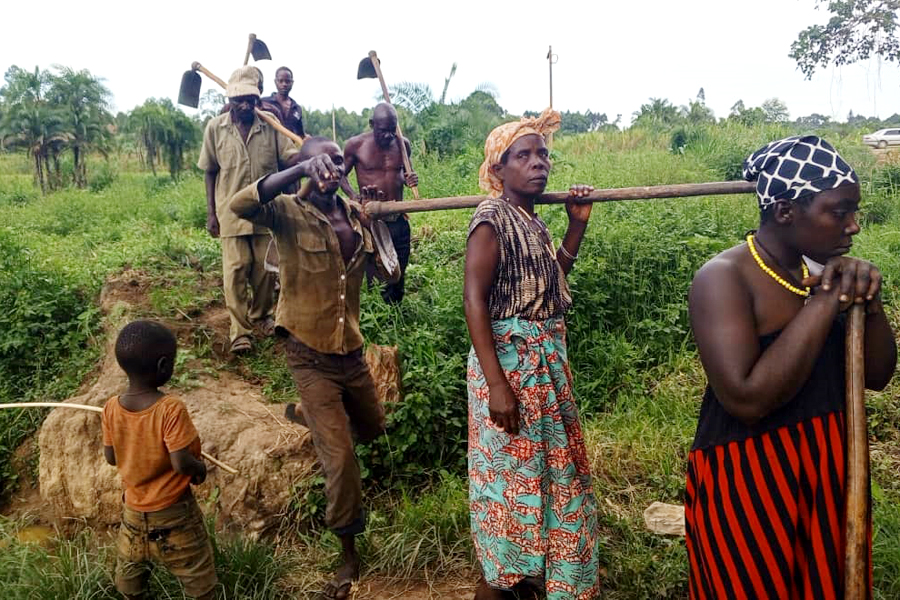Civil Society Organizations (CSOs) under their Umbrella organization; the Civil Society Budget Advocacy Groups (CSBAG) on Tuesday expressed concern at the manner in which government and other humanitarian organisations channel relief aid and finances to refugees in various settlements, across Uganda.
They said the methods used to channel this aid are quite unclear and leaves many questions unanswered.
While addressing journalists, CSBAG executive director Julius Mukunda said: “Information on funding modalities for refugee management and protection remains limited. Data on financing for refugee response in Uganda is fragmented and insufficient; with each implementing partner keeping her expenditure data at institutional level. This makes it hard to effectively track flows, advocate for increased public financing and intervention activities from a range of implementing partners, and harder to probe for duplications in the services provided by a myriad of actors”.
He added that Uganda implemented an open-door policy regarding refugee assistance and currently hosts about 1.4 million refugees from South Sudan, 986,626 from the Democratic Republic of Congo and 236,406 from Rwanda, Somalia, Eritrea, among others.
He revealed that Yumbe, Arua and Adjumani districts are presently hosting the highest number of refugees accounting for more than 83 percent of the total refugee population.
“Whereas coordination among key actors (OPM, UNHCR and other humanitarian partners) at the national level is somewhat strong, engagements with the local governments are still weak. There are no synchronised standards for reporting, and the responsibilities of OPM Department of Refugees and the LGs are not streamlined," Makunda said.
CSBAG Budget Policy Specialist John Mark Odong said in February 2018, Uganda witnessed the unfolding stories on the misuse of refugee resources regarding food assistance, inflation of refugee numbers, and refugees being required to pay bribes to get registered.
“These are partly existent due to government’s failure to effectively monitor refugee interventions”, he said.


